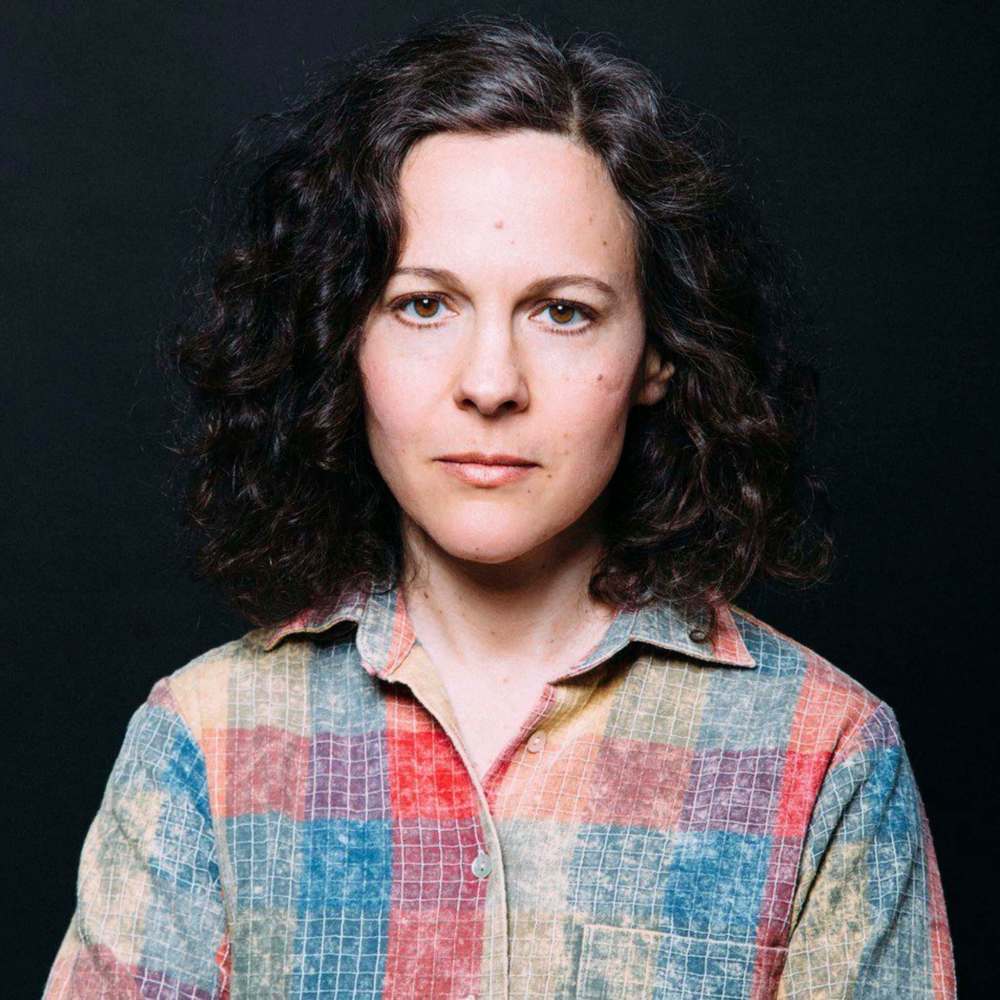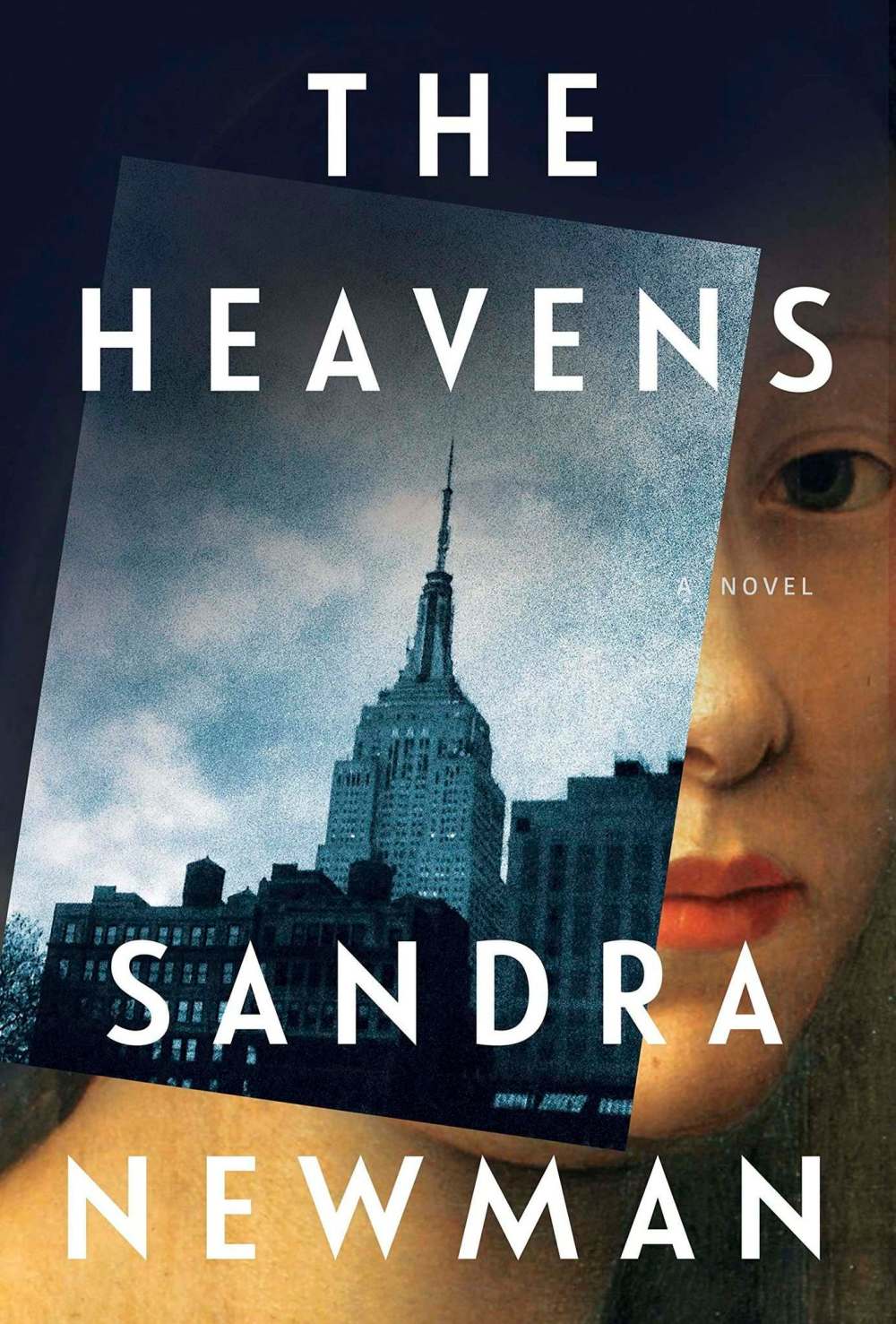The butterfly effect
Past and present, dreams and reality collide in Newman's new novel
Advertisement
Read this article for free:
or
Already have an account? Log in here »
To continue reading, please subscribe:
Monthly Digital Subscription
$1 per week for 24 weeks*
- Enjoy unlimited reading on winnipegfreepress.com
- Read the E-Edition, our digital replica newspaper
- Access News Break, our award-winning app
- Play interactive puzzles
*Billed as $4.00 plus GST every four weeks. After 24 weeks, price increases to the regular rate of $19.00 plus GST every four weeks. Offer available to new and qualified returning subscribers only. Cancel any time.
Monthly Digital Subscription
$4.75/week*
- Enjoy unlimited reading on winnipegfreepress.com
- Read the E-Edition, our digital replica newspaper
- Access News Break, our award-winning app
- Play interactive puzzles
*Billed as $19 plus GST every four weeks. Cancel any time.
To continue reading, please subscribe:
Add Free Press access to your Brandon Sun subscription for only an additional
$1 for the first 4 weeks*
*Your next subscription payment will increase by $1.00 and you will be charged $16.99 plus GST for four weeks. After four weeks, your payment will increase to $23.99 plus GST every four weeks.
Read unlimited articles for free today:
or
Already have an account? Log in here »
Hey there, time traveller!
This article was published 02/03/2019 (2416 days ago), so information in it may no longer be current.
It’s the year 2000. The United States has elected a woman as president, peace accords have been signed in Jerusalem and the United Nations has eradicated poverty. It’s “the first year with no war at all, when you opened up the newspaper like opening a gift,” American author Sandra Newman writes. In this utopia, a young doctoral student, Ben, meets a captivating young woman, Kate, at an upscale left-wing party in New York’s Upper East Side.
Wait… what? That’s not the 2000 you remember? Indeed.
Welcome to The Heavens, the fourth novel by Newman, which is unsettlingly assembled around constant states of presque-vu — the feeling you have seen something before, which you have not — and jamais vu — the feeling you recognize something, but it’s unfamiliar.

All her life, Kate has had vivid dreams of other times and other worlds, and she has an endearing sense of surprise about the world around her. She “gets mixed up between reality and fantasy,” her father informs Ben with affection.
Over the course of Kate’s relationship with Ben, her dreams become more detailed. When Kate dreams, she wakes in the life of Elizabethan historical figure Emilia Lanister, a poet and mistress of nobleman Henry Carey, first cousin of Queen Elizabeth I and patron of Lord Chamberlain’s Men, William Shakespeare’s company. In Kate’s dream, Emilia lives her life in plague-ravaged England in 1593 — but Emilia is haunted by a vision of an apocalyptic future. She knows the choices she makes are vital to averting the world’s ruin, but cannot quite put her finger on what it is she needs to do.
Meanwhile, in 2000, each time Kate wakes from the dream of Emilia, she finds the modern world around her has altered in unpredictable ways for the worse (becoming more similar to the reader’s real modern world).
Kate becomes increasingly confused: she doesn’t recognize movie stars or songs on the radio or political figures and she is baffled by armed police, by nuclear weapons and by the continued use of oil. Some people and objects remain the same across different futures, but even her own family’s composition changes distressingly, as does Ben’s.
Kate grows to believe she is not dreaming of Emilia, but rather in her sleep she actually becomes Emilia, and her actions in the past have a butterfly effect in the future. But Ben (and Kate’s friends and family) believe she’s mentally ill. Can Emilia save the future? Can Kate save herself?
The Heavens is a fast-paced, quick read — in contrast to Newman’s last novel, The Country of Ice Cream Star, which is more than twice as long and written largely in dialect. In both novels, Newman’s sophisticated language vividly draws worlds for her characters to inhabit, and the dialogue wizardry in her last book is put in play again in the sections of The Heavens set in the 16th century.

Readers seeking a historical romance may be disappointed by The Heavens, a mélange of speculative and historical fiction topped with a love story. Newman beautifully sketches Elizabethan England and multiple versions of modern New York, but readers without a foundation in British history and Shakespeare’s library might find themselves turning to Google for some clarification.
Wendy Sawatzky is associate editor, digital news, for the Winnipeg Free Press and commander-in-chief at wendysawatzky.com.

Wendy Sawatzky
Associate Editor Digital News
Wendy Sawatzky is associate editor of digital news for the Free Press. A born-and-bred Manitoban, she has degrees from the University of Winnipeg and the University of King’s College. She joined the Free Press in 2008. Read more about Wendy.
Wendy oversees the team that publishes news on the Free Press’s website and apps. It’s part of the Free Press‘s tradition, since 1872, of producing reliable independent journalism. Read more about Free Press’s history and mandate, and learn how our newsroom operates.
Our newsroom depends on a growing audience of readers to power our journalism. If you are not a paid reader, please consider becoming a subscriber.
Our newsroom depends on its audience of readers to power our journalism. Thank you for your support.
History
Updated on Saturday, March 2, 2019 10:46 AM CST: Typo fixed.

